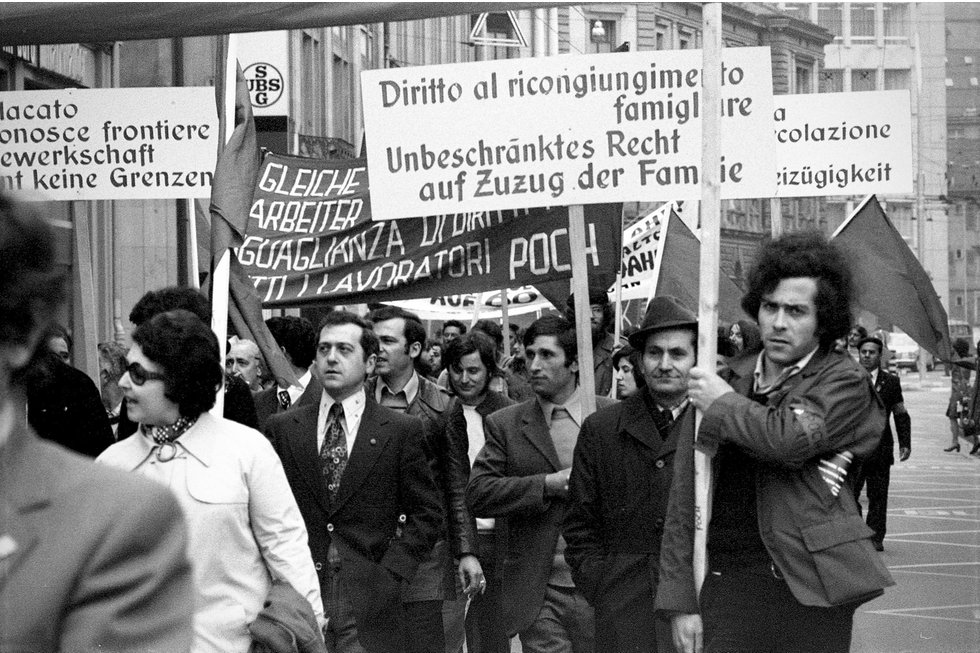Few unscientific observations about the use of face masks in NL after the government issued a "strong recommendation" to wear them:
- Shops, cafés and facilities that are part of large chains either recommend them explicitly or require them
- Small or independent shops don't
- Shops, cafés and facilities that are part of large chains either recommend them explicitly or require them
- Small or independent shops don't
Aside: where do I buy a face mask that says "IT'S USELESS IF YOU DON'T WEAR IT OVER YOUR NOSE"
Other unscientific observations: all these arguments about culture/aversion to face masks etc. don't really work. Everybody relies on one actor (the government) to establish rules and guidance. If the the rules change, people change their behaviour.
It is also interesting to see how different organizations (e.g heard about hockey clubs yesterday on Swiss radio) emphasize how they comply with the rules, not how they seek to minimise the spread of the virus.
• • •
Missing some Tweet in this thread? You can try to
force a refresh

















